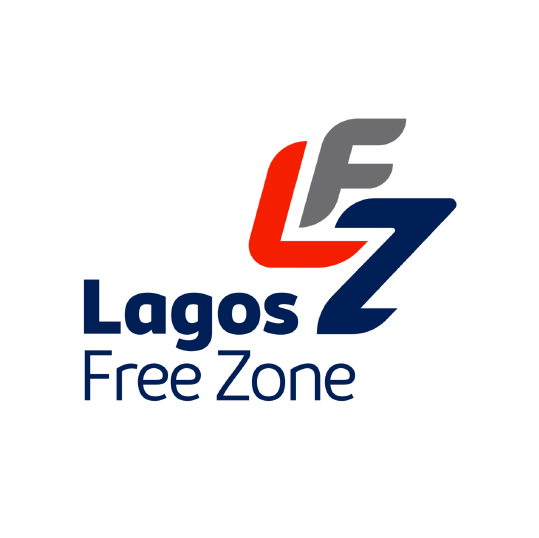The Lagos Free Zone (LFZ), Nigeria’s first private special economic zone developed by Tolaram, has been described as one of the most attractive destinations for Nordic investors seeking long-term opportunities in Africa’s largest economy.
Chief Executive Officer of Lagos Free Zone, Mrs. Adesuwa Ladoja, made this declaration at the Nordic Nigeria Connect 2025 Conference held recently in Lagos. Speaking during a panel discussion, Ladoja outlined how LFZ provides a modern, efficient, and predictable environment that eliminates many of the bureaucratic challenges investors often face in other parts of the country.
“For Nordic companies viewing Nigeria as a strategic hub, Lagos Free Zone stands as the ideal destination,” Ladoja said. “It provides the infrastructure, enabling environment, and logistics capacity required for sustainable success.”
According to her, LFZ’s world-class infrastructure, clear regulatory framework, and seamless logistics systems make it an unmatched investment platform for international firms. She particularly highlighted the integrated Lekki Deep Sea Port, which connects businesses directly to global trade routes, enabling smooth import and export operations.
“When you set up within the Zone, you can easily export your products or import raw materials without logistical delays,” she explained. “With new access roads, coastal routes, and planned rail connectivity, movement will become even smoother. Our single-window regulatory system brings all key government agencies together within the Zone, making it easier for investors to operate efficiently.”
Ladoja also praised the Nigerian government’s recent economic reforms under President Bola Tinubu, describing them as pivotal in improving the business climate. She cited the removal of fuel subsidies and the unification of the foreign exchange rate as bold steps that have created a more transparent and market-driven economy.
“These reforms have strengthened investor confidence and restored predictability to Nigeria’s business environment,” she said.
Ladoja further noted that Nigeria’s economic indicators are showing signs of recovery, including currency stability, declining inflation, and lower interest rates, which she said are boosting private-sector growth and capital formation. With its young, entrepreneurial population and access to the 400-million-strong ECOWAS market, Nigeria offers investors both a robust consumer base and a gateway to the wider West African region.
“This dynamic mix of structural reforms, market stabilisation, and demographic strength makes Nigeria one of Africa’s most attractive investment destinations,” she added. “The real advantage lies in being an early mover. Those who establish a foothold now will benefit most as infrastructure and industries continue to evolve.”
Highlighting the potential for collaboration between Nordic countries and Nigeria, Ladoja said that Nordic strengths in renewable energy, sustainable manufacturing, logistics, and digital innovation align naturally with Nigeria’s economic diversification goals. She stressed that such partnerships can drive innovation, create jobs, and promote inclusive and sustainable growth.
She also commended the Nordic nations for their leadership in clean technology, digital transformation, and ethical business practices, saying these qualities make them ideal partners for Nigeria’s development agenda. “Nordic countries have shown that it is possible to build prosperity while prioritising sustainability and social responsibility. These are values that resonate deeply with Nigeria’s aspirations,” she said.
Other speakers at the session included Mr. Frederik Klinke, Chief Executive Officer of APM Terminals Nigeria; Mrs. Ijeoma Ozulumba, Executive Director and Chief Financial Officer of the Development Bank of Nigeria; Ms. Naana Winful Fynn, Regional Director for West Africa at Norfund; and Mr. Yerje Osmunden, Chief Executive Officer of Empower New Energy.
Together, the panellists discussed ways to deepen Nordic-Nigerian partnerships in infrastructure, finance, and green innovation, underscoring the growing importance of the Lagos Free Zone as the gateway to Nigeria’s industrial future.
Developed by Tolaram, the Lagos Free Zone spans over 850 hectares and integrates industrial, residential, and commercial spaces with direct access to the Lekki Deep Sea Port. It has become a cornerstone of Nigeria’s efforts to attract foreign direct investment and promote export-led industrialisation.
As global investors continue to explore new opportunities in emerging markets, the Lagos Free Zone is positioning itself as the preferred hub for sustainable and technology-driven investments in West Africa.
